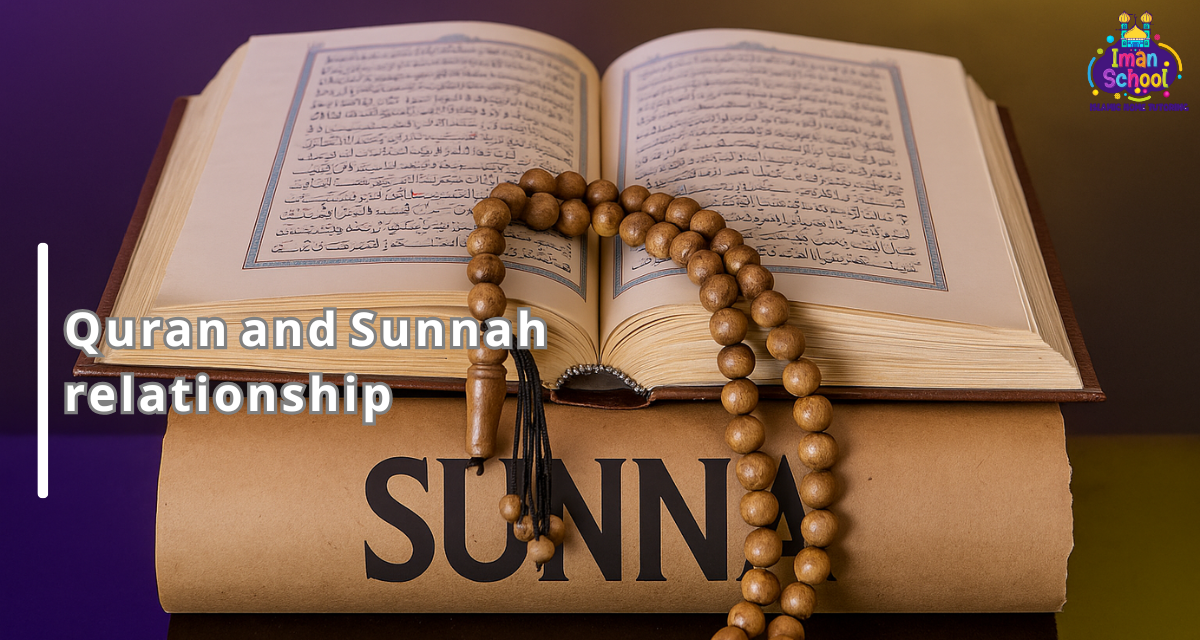What is the Ruling on Abortion in Islam? The question of "ruling on abortion in Islam" is one that many Muslims and non-Muslims in the West seek clarity on. Given the sanctity of life in Islam, the general consensus among scholars is that the default position is one of prohibition. However, Islamic law (Sharia) is nuanced, and the exact Islamic ruling on abortion often depends on the stage of fetal development, the reason for termination, and the established principles of Islamic jurisprudence (Fiqh).
What is the Ruling on Abortion in Islam?
The foundational ruling on abortion in Islam is based on the principle of the sanctity of life in Islam. Life is a sacred gift from God, and its destruction is a grave sin, as established in the Quran:
"And do not kill the soul which Allah has forbidden, except by way of justice." (Quran 6:151)
Therefore, Islam views the deliberate termination of a pregnancy without a valid, legally recognized reason as forbidden (is abortion haram). The permissibility, however, shifts based on whether the soul has entered the fetus, a concept known as ensoulment in Islam.

The Fiqh of Abortion: Rulings Based on Fetal Development
The core of the Fiqh of abortion revolves around the four stages of development mentioned in the Sunnah. The established Sharia ruling on abortion is largely determined by the point of ensoulment in Islam, which is widely agreed upon based on the following Hadith:
The Prophet (peace be upon him) said: "Indeed, the creation of each of you is brought together in his mother's stomach for forty days in the form of a semen drop, then it is a clinging clot for a similar period, and then a piece of flesh for a similar period. Then the angel is sent to him to blow the soul into him..." (Part of a well-known Hadith, Sahih Muslim).
This sets the critical boundary at 120 days (four months).
Is Abortion Permissible Before 40 Days in Islam?
The question, "ruling on abortion in Islam before 40 days," is one of the most debated points among scholars:
-
Majority View (Hanafi, Maliki, Hanbali): Generally prohibit abortion even at this early stage, citing the prohibition of destroying a potential life.
-
Minority View (Some later Hanafi and Shafi'i scholars): Consider it permissible but discouraged before 40 days. They argue that since the fetus has not yet passed the first stage of development, the prohibition is less severe. However, even these scholars agree that after 40 days, the prohibition becomes much stronger.
The prevailing view emphasizes that life begins at conception, and termination is disliked or forbidden even before the 40-day mark.
When is Abortion Permitted in Islam?
The primary exception to the general ruling on abortion in Islam is the preservation of the mother's life. Scholars from all four major schools of thought agree that abortion is when is abortion permissible in Islam if the continuation of the pregnancy poses a direct and imminent threat to the life of the mother.
This is an application of the major principle: repelling the greater harm with the lesser harm.
-
Before 120 Days: If a reliable doctor confirms that the mother's life is at serious risk, abortion is permitted.
-
After 120 Days: Even after ruling on abortion after 120 days (after ensoulment), the consensus remains that the mother's life takes precedence, as she is a life already established with responsibilities (an adult Muslim). This addresses the critical issue of Islam on life of the mother.
What is the Ruling on Abortion in Islam if the Fetus has Severe Defects?
The ruling on abortion in Islam when the fetus has severe defects, or abortion due to fetal abnormalities Islam, is complex:
Before 120 Days
Many contemporary scholars issue an abortion fatwa permitting abortion at this stage if medical tests conclusively show the fetus has a severe, incurable defect that would render its life unbearable or short. This is based on easing the immense suffering on the child and the parents.
After 120 Days
Abortion is generally forbidden after ensoulment, even for severe defects, as it is viewed as the termination of a living soul. The child's fate is left to God's will.
The ruling on abortion in Islam regarding cases like abortion due to rape in Islam also generally leans toward permissibility before 120 days, based on the principle of preventing emotional and psychological harm to the mother.
The Legal Status of the Fetus in Islam
The legal status of fetus in Islam is one of protection. Even before birth, the fetus is considered a potential person whose rights are recognized:
-
Inheritance: The fetus inherits if it is born alive.
-
Wasiyya (Bequest): A bequest can be made to a fetus.
-
Punishment: The punishment of a pregnant woman (e.g., stoning) is delayed until after delivery to protect the fetus.
This clear recognition strengthens the argument against termination, making the ruling on abortion in Islam generally prohibitive.
Is Abortion Considered Murder in Islam?
Yes, abortion is considered the termination of a life, and therefore, the ruling on abortion in Islam approaches it as a grave sin, similar to homicide, especially after the point of ensoulment (ruling on abortion after 120 days).
If an abortion is performed without a legitimate Sharia ruling on abortion (e.g., life of the mother):
-
Before Ensoulment: It is a grave sin, and scholars may require financial atonement (ghurra) but not the full penalty for homicide (qisas).
-
After Ensoulment: It is viewed as murder, carrying severe spiritual consequences and potentially requiring diyya (blood money) to be paid to the fetus's family (heirs), although the precise application is a matter of contemporary Fiqh issues.

:Related Topics
Laser hair removal Islamic ruling
Why Can't Muslim Woman Pray on Their Period
Can You Read Quran Without Ghusl
What is the Ruling on Abortion in Islam?
The consensus on the core principle is strong, but the secondary ruling on abortion in Islam varies:
| School of Thought | View Before 40 Days | View After 120 Days |
| Hanafi | Strongly discouraged or forbidden | Strictly prohibited unless the mother's life is in imminent danger |
| Maliki | Strictly forbidden from conception | Absolutely forbidden, considered homicide |
| Shafi'i | Disliked but potentially permissible before 40 days by some | Strictly prohibited |
| Hanbali | Forbidden, though some Hanbali scholars allowed it for necessity before 40 days | Strictly prohibited |
The overwhelming agreement is that after 120 days, the Islamic perspective on abortion views it as the termination of an established soul.
Birth Control and Abortion
It is important to distinguish the ruling on abortion in Islam from contraception. Birth control in Islam (is contraception allowed in Islam) is generally permitted. Methods like azl (coitus interruptus) were practiced during the time of the Prophet (PBUH) and are permissible, provided they are mutually agreed upon by the spouses.
-
Contraception: Is preventing conception. It is permissible and falls under Islamic bioethics as a means of family planning.
-
Abortion: Is the termination of an already-initiated pregnancy (Islamic teachings on conception). It is generally prohibited, as it ends a life or potential life.
Islamic Advice on Facing Difficult Choices
When faced with a situation that requires considering the ruling on abortion in Islam, Muslims are advised to:
-
Consult Experts: Seek the opinion of at least two reliable Muslim doctors and one qualified scholar for an informed abortion fatwa.
-
Make Istikhara: Pray the prayer of guidance.
-
Prioritize Harm: Apply the principle of avoiding the greater of two harms (e.g., choosing the mother's life over the fetus's life after ensoulment).
FAQ about Ruling on Abortion in Islam
What is the primary Islamic ruling on abortion?
The Islamic ruling on abortion is one of general prohibition because of the sanctity of life in Islam. Termination is only permitted under strict conditions, primarily to save the Islam on life of the mother.
When does the ruling on abortion in Islam change dramatically?
The ruling changes dramatically at 120 days (four months), which is the point of ensoulment in Islam, after which almost all scholars agree that the termination of pregnancy is strictly forbidden.
Is abortion in Islam before 4 months always permissible?
No. While some scholars allowed it before 40 days, the majority view is that abortion in Islam before 4 months is still discouraged or forbidden, as it destroys a potential life.
Is there ever a consensus that abortion due to fetal abnormalities Islam is allowed?
The strongest allowance for abortion due to fetal abnormalities Islam is generally restricted to before the 120-day mark, and only for conditions that are confirmed to be extremely severe and incurable.
What is the difference between abortion and birth control in Islam?
Birth control in Islam is generally permissible as a form of family planning, as it prevents conception. Abortion is generally forbidden as it is the termination of an existing pregnancy.
Explore our online courses on Islamic Fiqh and contemporary ethical issues
For a deeper understanding of the ruling on abortion in Islam and other contemporary Fiqh issues rooted in the Quran and Sunnah, Iman School offers comprehensive online courses.
Enroll today in our specialized programs on Islamic Fiqh, Islamic Bioethics, and ethical jurisprudence to gain clear, scholarly answers to life's most challenging questions.




